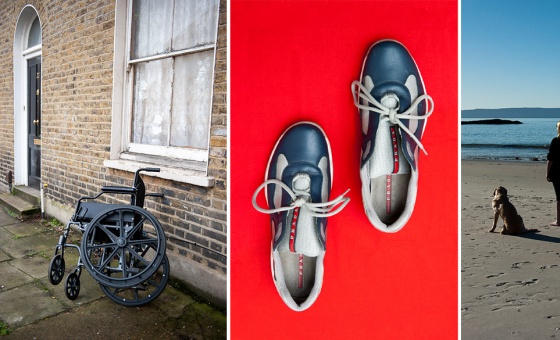This is the last article you can read this month
You can read more article this month
You can read more articles this month
Sorry your limit is up for this month
Reset on:
Please help support the Morning Star by subscribing here
The new head of the UN's women's agency said yesterday that there had been a "definite backlash" against equality for women in recent years.
Phumzile Mlambo-Ngcuka said that major economic and social barriers remained 18 years after world leaders adopted a landmark agreement on achieving equality for women.
She pledged to make education her top priority, not only in empowering women, but also in winning men over to the cause.
"You need men," she said. "You just cannot crack these issues without winning over men.
"We need to win the priests, the rabbis, the traditional chiefs" to tackle religious and cultural barriers.
Ms Mlambo-Ngcuka, South Africa's first female deputy president, said ending violence against women remained a top priority for UN Women - formed three years ago by a merger of other UN bodies.
She said she wanted to take the campaign to end violence against women to every city in the world.
World Health Organisation research has found that an average of 40 per cent of women - up to 70 per cent in some countries - face violence in their lifetime.
And a UN survey released this week revealed that a quarter of men in the Asia and Pacific region admitted to having raped a woman or girl.
The study found that most of the violence was an expression of women's subordination and associated with men's personal experiences within a broader societal context.
It was therefore largely preventable by concerted work to change societal attitudes, the study concluded.
But Ms Mlambo-Ngcuka said the "elephant in the room" for UN Women was money.
She warned that the agency was running a deficit and would need an extra £63 million in 2013.
A breakdown of finances passed around the news briefing showed that self-proclaimed champion of human rights the US was only the ninth largest contributor to UN Women despite being the world's largest economy.
Asked why the US made such a miserly donation - the $8.3m (£5.2m) in 2012 was equivalent to roughly 0.2 per cent of its military spending that year - Ms Mlambo-Ngcuka replied: "I don't know why but I know I intend to talk to them about it."







